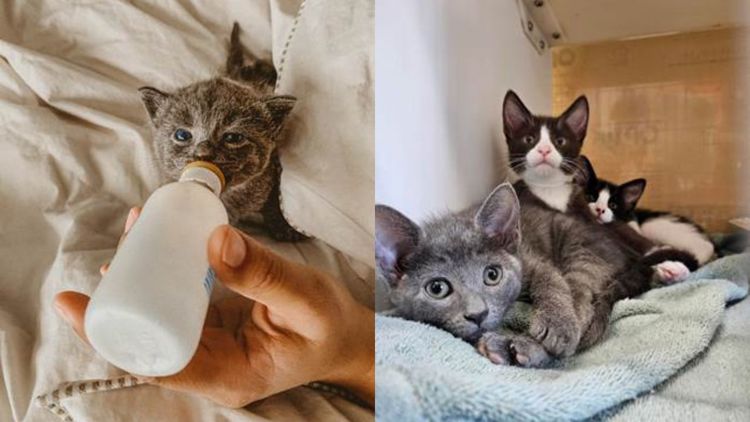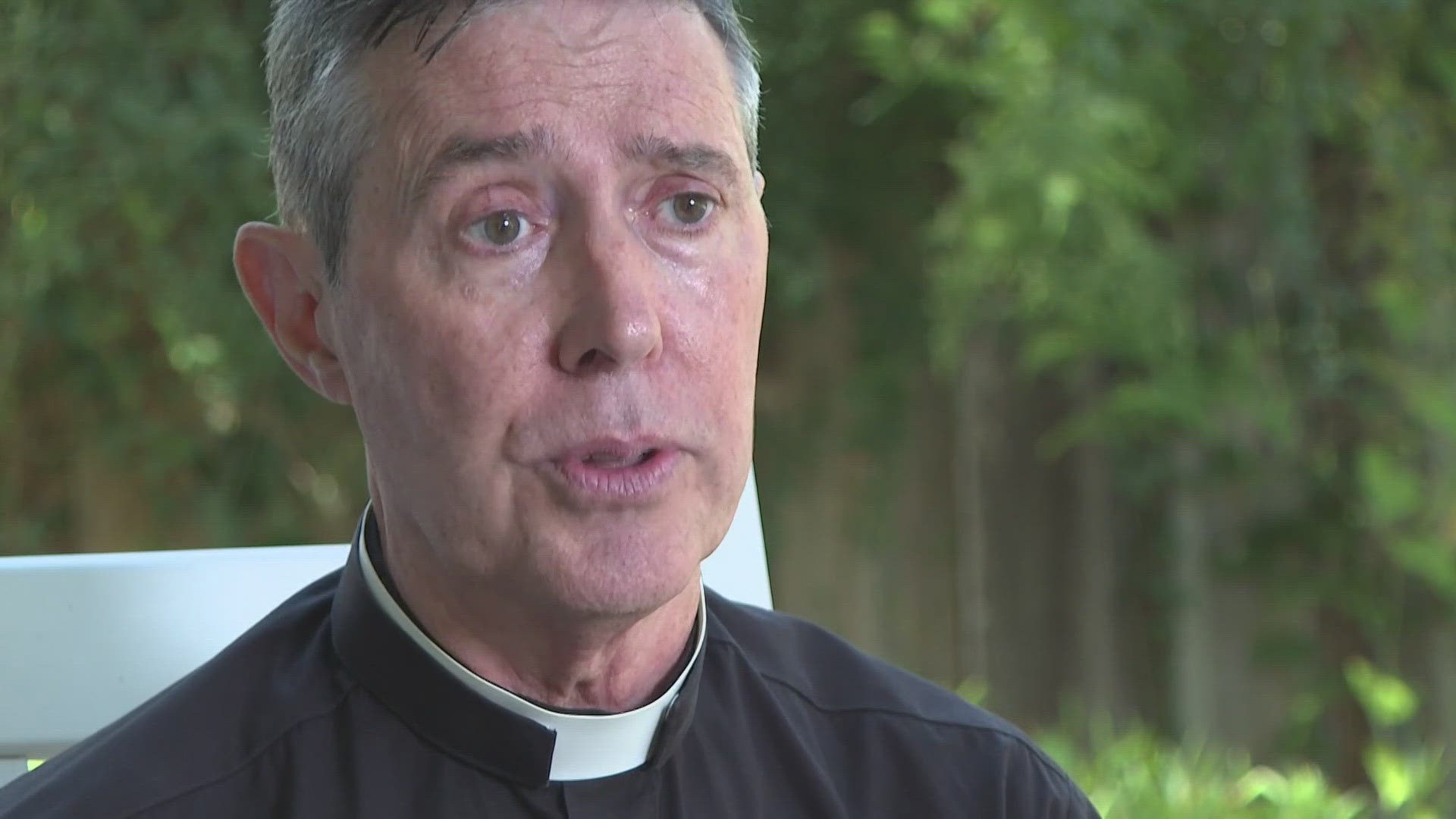JACKSONVILLE, Fla. — The Jacksonville Humane Society (JHS) is calling on the local community to step in and help care for an unusually high number of kittens this November.
The organization said it is seeing a significant surge in kitten intakes, with about 1,000 more kittens brought in during 2024 compared to 2023. Currently, more than 80 young kittens are waiting for foster homes at JHS.
JHS is reaching out to local residents to provide help in a number of ways. Here’s how you can assist:
Spay and Neuter
The best way to help reduce the number of kittens coming into shelters is to ensure that your own pets are spayed or neutered. Cats can begin reproducing as young as 4.5 to 6 months old and can have multiple litters per year, each averaging six kittens.
To help curb this overpopulation, the City of Jacksonville offers free and low-cost spay and neuter services through the Spay Jax program. For more details, you can contact First Coast No More Homeless Pets at 904-425-0005 or visit their website at fcnmhp.org. Additional services are available at Seaglass Spay Neuter and Clay Humane Society.
Additionally, if you notice free-roaming cats in your neighborhood or workplace, the Trap-Neuter-Return (TNR) program can help prevent further litters. TNR allows citizens to trap, neuter and return unsocialized cats to their original location. In Jacksonville, the Duval Cat Fix program offers this service at no cost. For more information, visit JHS’s community cat program.
Become a Foster Parent for Kittens
Another way to help is by becoming a temporary foster parent for a kitten. Foster families play a critical role in saving lives by caring for young kittens until they are old enough to be spayed or neutered and adopted into permanent homes.
JHS provides foster families with all necessary medical care, food, and supplies. As the kittens grow and reach the appropriate age (usually around 8 weeks), they are returned to JHS for spay/neuter surgery before being put up for adoption.
If you’re interested in fostering kittens, visit JHS’s foster page to learn more and sign up.
Donate to the Jacksonville Humane Society
Donations help ensure that JHS can continue to provide medical treatment, food, shelter, and more for the animals in their care.
Now through Giving Tuesday, December 3, JHS provides an opportunity to triple the impact of your donation. Thanks to local donors, all contributions to JHS during this time will be matched 3-to-1, meaning that a $50 donation becomes $150, a $100 donation becomes $300, and so on.
“2024 has been an especially busy year for kittens, and things aren’t slowing down yet,” said Denise Deisler, CEO of JHS. “We depend on our community’s compassion to help us save these tiny lives. By working together, we can give them the best possible chance at a happy, healthy future.”



